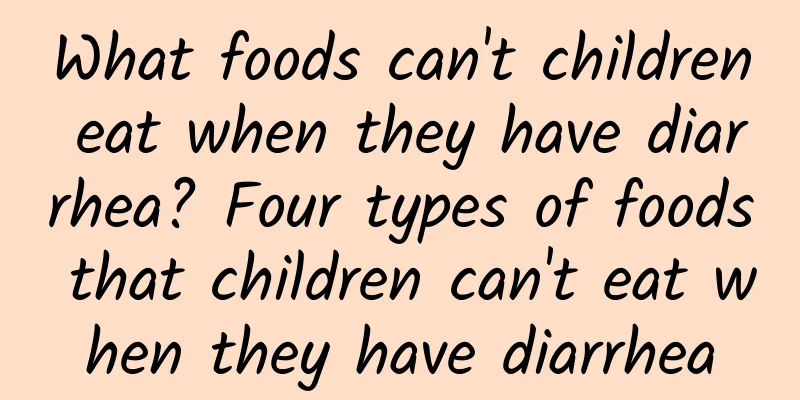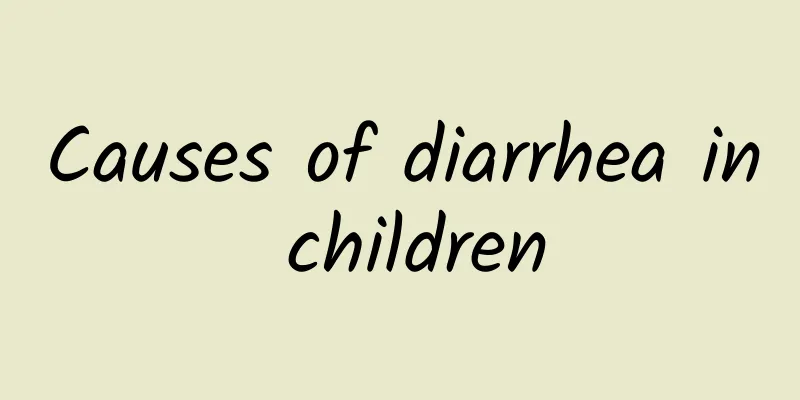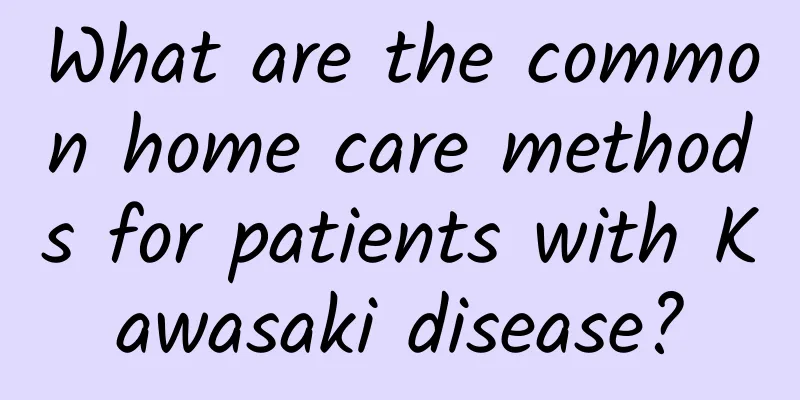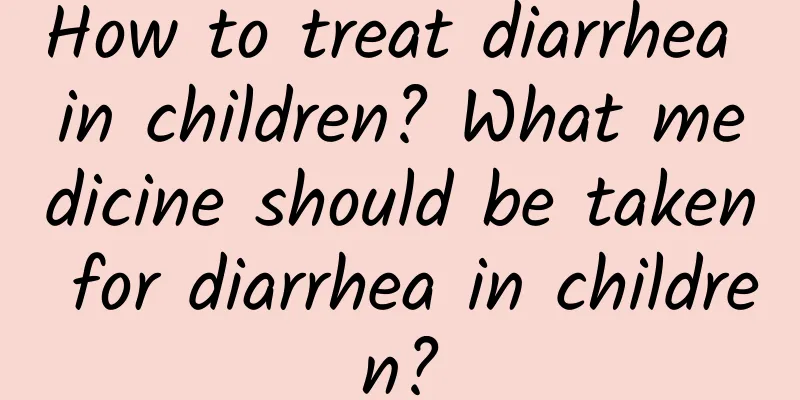How to treat high jaundice in newborn babies

|
Newborn babies with high jaundice usually need to be diagnosed based on the type of jaundice, whether it is physiological or pathological. Treatment includes light therapy, transfusion therapy, and drug therapy. Medical attention should be sought promptly to identify the cause and take intervention measures. 1. Possible causes of high jaundice Neonatal jaundice can be divided into two types: physiological and pathological. Physiological jaundice: It usually appears 2-3 days after birth and disappears naturally within 1-2 weeks. This is caused by the immaturity of bilirubin metabolism in newborns, which is affected by breastfeeding, immature liver function and other factors. Pathological jaundice: usually refers to a significant increase in bilirubin levels or a long duration, caused by other diseases, such as hemolytic jaundice such as maternal-fetal blood type incompatibility, infectious jaundice such as sepsis, viral infection, hepatobiliary diseases such as biliary atresia, etc. Pathological jaundice usually requires emergency intervention. 2. Treatment For infants with severe jaundice, it is important to choose the right treatment: Phototherapy: Phototherapy is the main method for treating neonatal jaundice. Through blue light irradiation, indirect bilirubin can be converted into water-soluble bilirubin that is easily excreted. It is usually performed in a hospital and is suitable for moderate jaundice or physiological jaundice. Exchange transfusion: When serum bilirubin concentrations are high enough to cause a risk of acute bilirubin encephalopathy, exchange transfusion may be necessary. This method rapidly reduces bilirubin levels by replacing part of the newborn's blood and is often used for severe pathological hemolytic jaundice. Medication: Medications such as enzyme inducers like phenobarbital or bilirubin binders may be used to help lower bilirubin levels, but they require evaluation by a professional physician and should be used with caution. 3. Daily care and auxiliary treatment For milder neonatal jaundice, parents can also take the following measures: Increase the frequency of breastfeeding: Breastfeeding helps babies excrete bilirubin faster. Once the baby is found to have high jaundice, appropriately increasing the frequency of breastfeeding can promote the excretion of bilirubin through feces and urine. Observe skin color and bowel movements: When jaundice is more obvious or the condition worsens, you should always contact the normal and healthy baby's stool is yellow and regular, while severe jaundice may cause abnormal stool color or reduced bowel movements. Avoiding high-risk factors such as premature birth: Paying attention to pregnancy health early and minimizing the possibility of being born prematurely or with low birth weight are important ways to prevent jaundice. It should be made clear that pathological jaundice or excessive jaundice may cause serious consequences such as bilirubin encephalopathy, and scientific intervention should be carried out under the guidance of a doctor. Early treatment and evaluation are the key to dealing with neonatal jaundice. Parents should take appropriate medical measures and daily care according to the doctor's advice, and closely monitor the baby's condition to promote healthy recovery. |
<<: What to do if you feel flustered, short of breath, and weak
>>: Is hand, foot and mouth disease in children highly contagious?
Recommend
Can massage cure patent ductus arteriosus?
Patent ductus arteriosus is a common disease in t...
Symptoms of hand, foot and mouth disease in adults
Hand, foot and mouth disease is relatively rare i...
The difference between infant pneumonia with sputum and without sputum
Generally speaking, the main difference between i...
Is mumps contagious?
Mumps is an infectious disease caused by the mump...
Symptoms of allergic cough in children
Its main clinical symptom is cough, most of which...
Is baby's spitting up milk caused by indigestion? What are the treatment methods for indigestion in children?
Infant indigestion is a very serious phenomenon. ...
How long does it usually take to cure mycoplasma pneumonia in children?
Mycoplasma pneumonia in children is a common resp...
Allergic rhinitis caused by baby's cough
Allergic rhinitis caused by baby's cough is a...
What tests can be used to exclude breast milk diarrhea?
Which items can be used to check for breast milk ...
How to treat indigestion in children? Teach you three traditional Chinese medicine remedies to easily treat indigestion in children
Children's indigestion is a headache for pare...
How to cure neonatal eczema
Whether neonatal eczema can be cured naturally de...
Is it necessary for junior high school students to get the mumps vaccine?
If junior high school students have been infected...
Causes of high alkaline phosphatase
Alkaline phosphatase (ALP) is an enzyme that is w...
Drugs for treating ADHD in children
At present, there are two main types of drugs use...
Instructions for use of children's cold granules: correct medication to keep your baby away from colds
Xiaoer Ganmao Granules is a Chinese patent medici...









